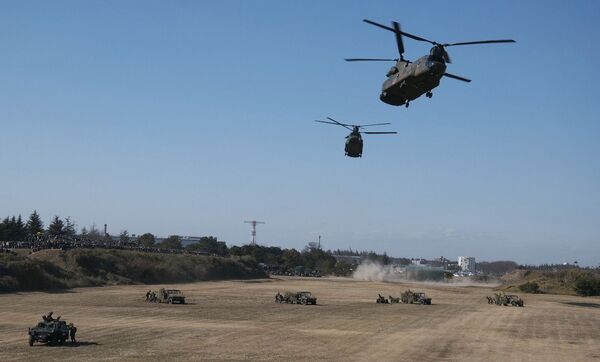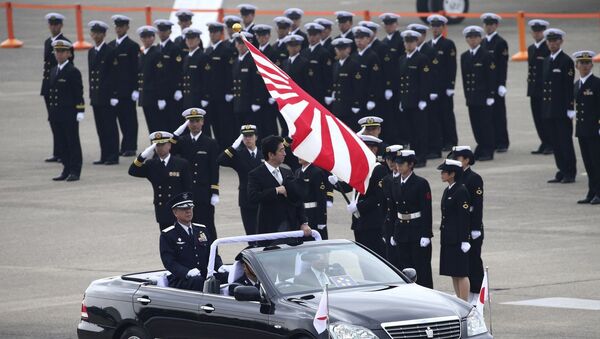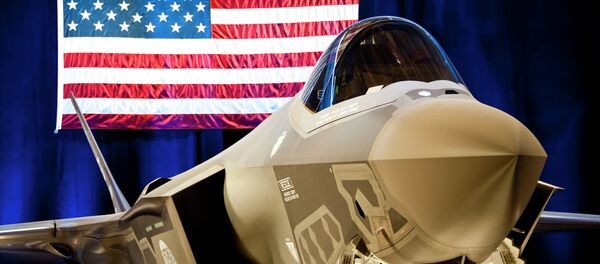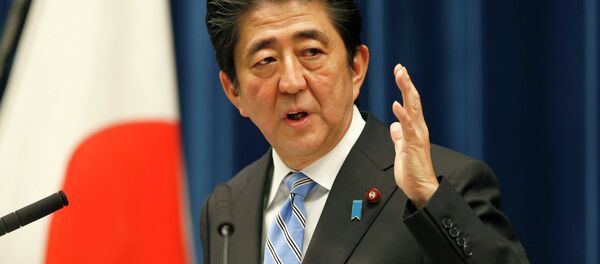The proposed law, if passed, will allow Japan to more easily deploy its Self-Defense Forces (SDF) abroad and organize logistical support for Tokyo’s allies, including the United States. Currently, the deployment of Japanese troops is burdened with complicated legislation.
After the recent reelection, Prime Minister Shinzo Abe is likely to face no obstacles in changing the national military strategy, as his administration is supported by the ruling Liberal Democratic Party (LDP) – the party he presides over. However, “the LDP still needs to convince its junior coalition partner, Komeito, to support the plan, as Komeito remains reluctant to enact such a law,” The Japan Times notes, citing a government source.
Nowadays, the Japanese legislation permits the SDF use to uphold US-conducted counterterrorism operations in Afghanistan and to provide humanitarian assistance in Iraq, The Japan Times conveys. But the US may consider its most important Pacific ally’s contribution insufficient, and therefore is pressuring Tokyo to enhance its military readiness, AFP suggests.

This pressure puts Japan between two fires, as neighboring countries, first and foremost China and North Korea, always feel suspicious of every military plan. Moreover, the increase of Tokyo’s military involvement worldwide is likely to come under public fire, as it contradicts the country’s constitution. Japan’s “Peace Constitution,” was adopted in 1947 and is known for Article Nine, which renounces war as “means of settling international disputes.” However, on July 1, 2014 Shinzo Abe’s Cabinet reinterpreted the article as allowing Japan to participate in “collective self-defense” and take military action to protect an attacked ally.





